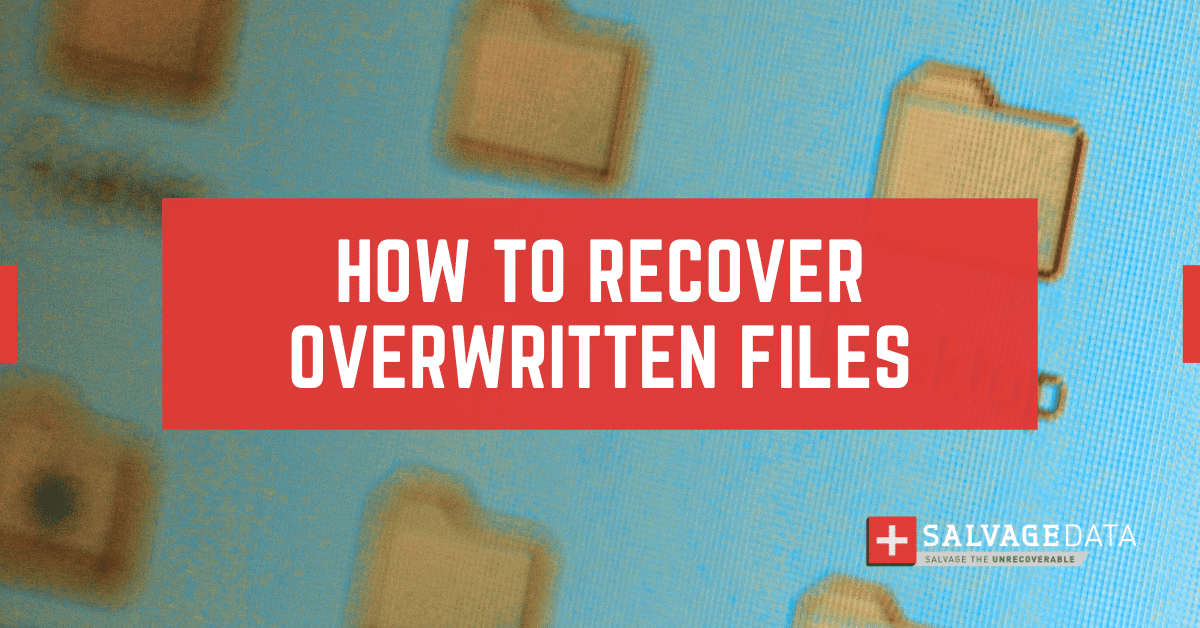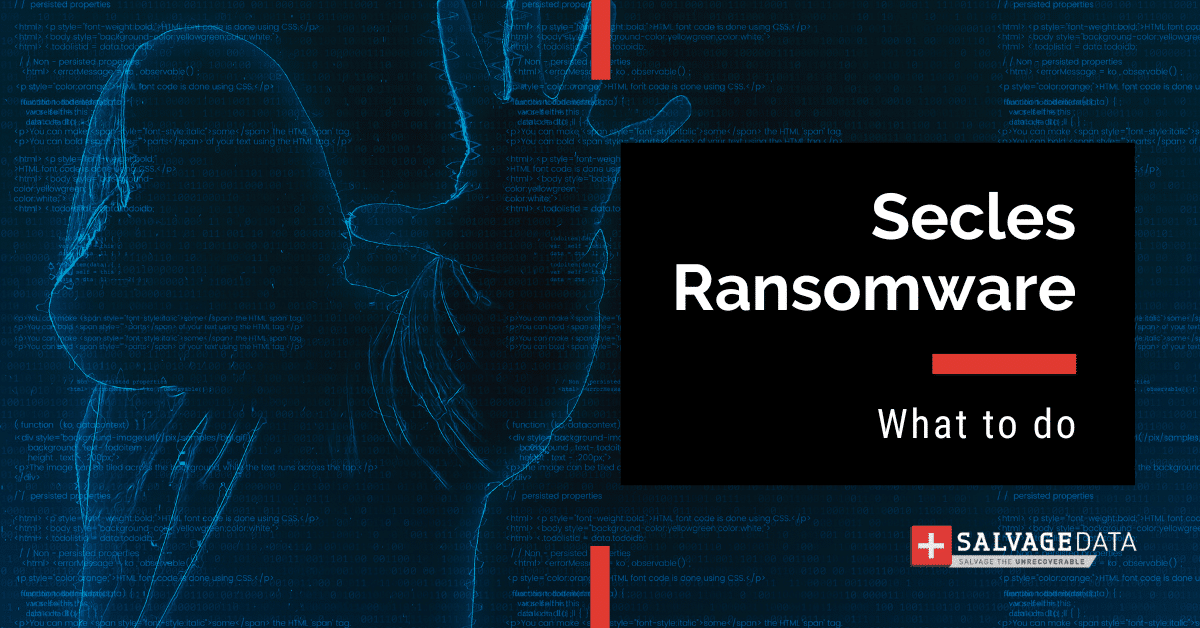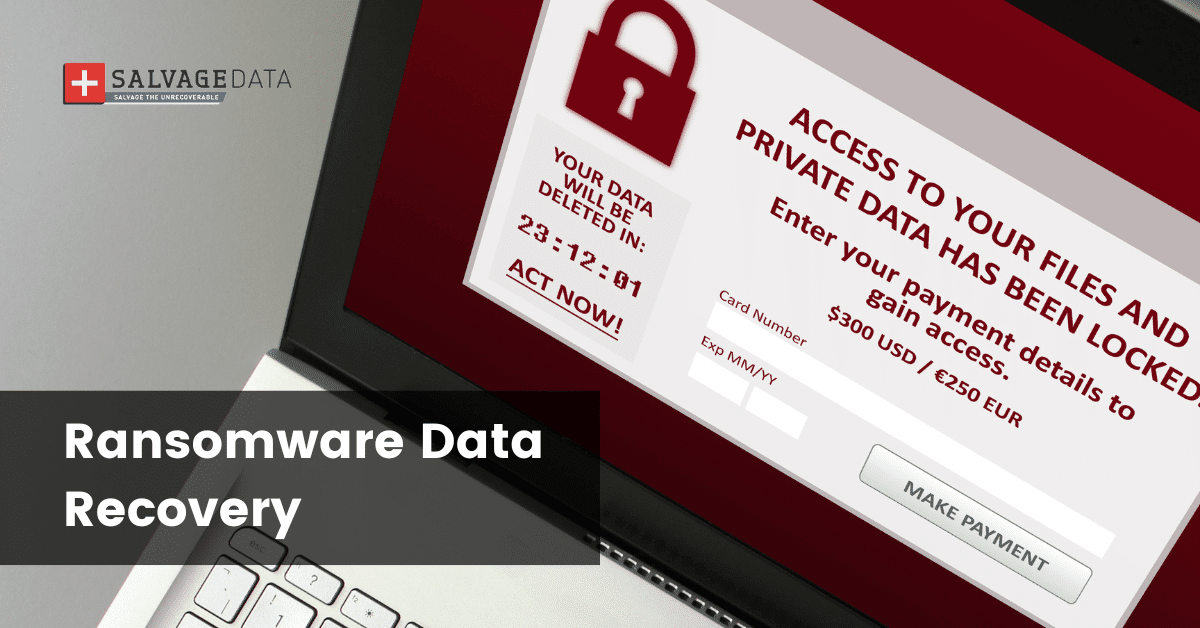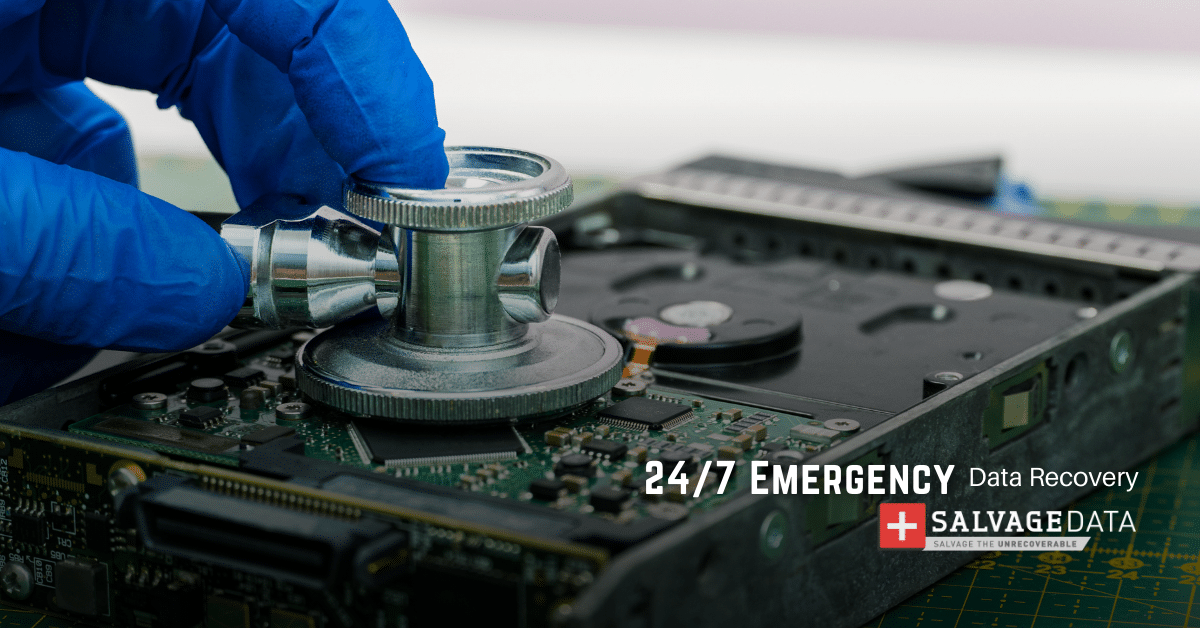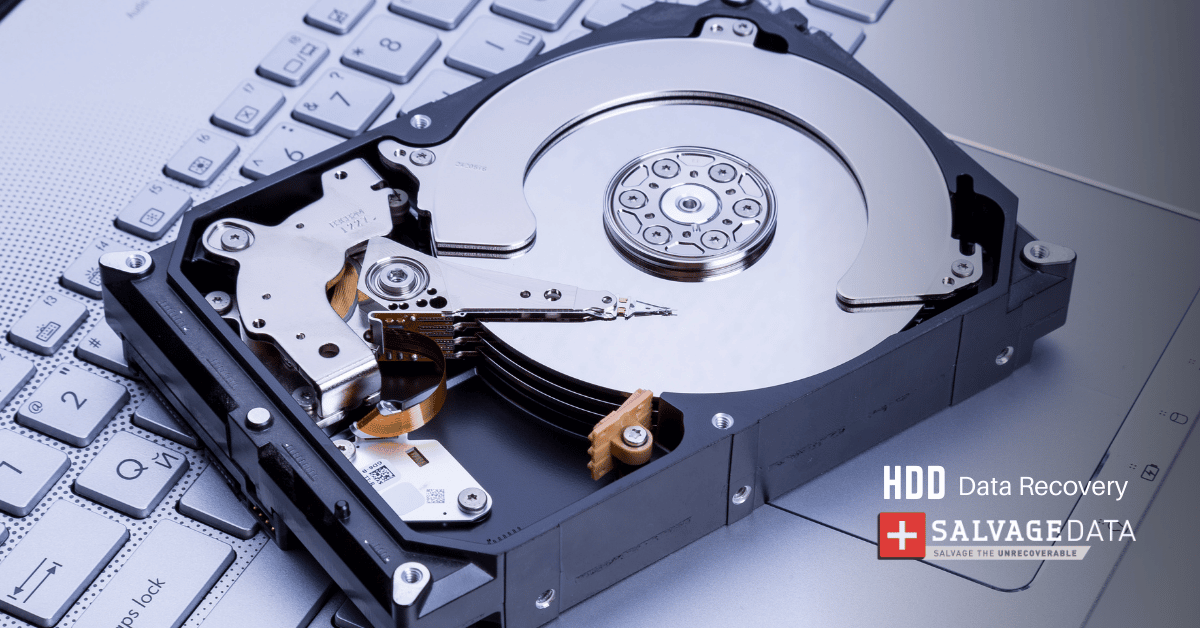Recent Articles
How To Recover Overwritten Files
The Snowflake Data Breach: A Comprehensive Overview
Mac Not Recognizing External Hard Drive: Quick Fix Solutions
How Multi-Cloud Backup Solutions Can Prevent Data Disasters
Capibara Ransomware: What is it & How to Remove
What Should a Company Do After a Data Breach: The Ticketmaster Incident
Secles Ransomware: Removal Guide
What To Do When Your Chromebook Freezes
How to Create Hyper-V Backup
What Is The Best Data Recovery Software For PC

I think there's an issue with my storage device, but I'm not sure Start a free evaluation →
I need help getting my data back right now Call now (800) 972-3282
FenixLocker ransomware is a virus that encrypts your files and demands a ransom for the decryption key.
History
FenixLocker ransomware was first discovered in December 2016 by MalwareHunterTeam. This virus is a successor of the Fenix locker virus, which was first seen in the wild in November of the same year. FenixLocker uses the AES-256 encryption algorithm to encrypt files on the victim’s computer. The FenixLocker virus will append the “.locked” extension to all encrypted files.
The FenixLocker ransomware will display a ransom note after it has encrypted the victim’s files. The note will instruct the victim on how to pay the ransom and receive the decryption key. Depending on the individual case, the amount may vary. Attackers distribute FenixLocker ransomware through email attachments and malicious links. The email will pose as a legitimate message from a company or institution. The attachment will usually be a PDF file with an embedded macro that will download and execute the FenixLocker virus.
The FenixLocker ransomware will also delete all shadow copies from the victim’s computer, which makes it more difficult to recover the encrypted files.
How much does FenixLocker ransomware cost?
FenixLocker ransomware will demand a ransom of 0.5 Bitcoin, but the amount may vary depending on the individual case. The FenixLocker virus will give the victim 5 days to pay the ransom, after which the price will double. FenixLocker ransomware will also threaten to delete the decryption key if the victim does not pay within 10 days.
Protection
You can protect yourself from this virus by being cautious when opening email attachments and only downloading files from trusted sources. You should also have a reliable anti-virus program installed on your computer to detect and remove FenixLocker ransomware if it manages to infect your system.
How to remove FenixLocker ransomware?
If it infected you with this virus, you should not attempt to remove it yourself. Doing so could lead to further damage to your system or data. Instead, you should contact a professional malware removal service to have the FenixLocker ransomware removed from your computer safely and securely.
Is there a public decryption tool available for FenixLocker ransomware?
Yes, there is a FenixLocker decryptor. Click here to download it.
What should you do?
Your only option is to restore your files from a backup or pay the ransom. We do not recommend paying the ransom, as there is no guarantee that you will receive the decryption key. Additionally, doing so would only encourage the attackers to continue their campaign of terror.
Contact a data recovery service
If you do not have a backup of your files, you can contact a data recovery service. These services specialize in recovering data from FenixLocker ransomware and other similar viruses. They may be able to help you recover your files without having to pay the ransom.
SalvageData is one such service that offers free consultations to victims of FenixLocker ransomware. You can contact them at 1-800-972-5282 or via their website.
SalvageData ransomware data recovery team will decrypt your files and guarantee they will restore them. Contact now SalvageData experts to learn more and get help.

